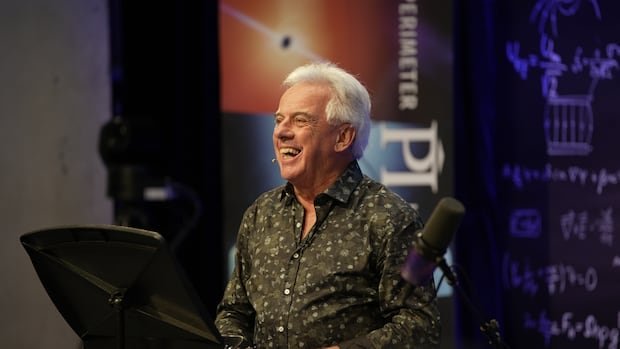Quirks & Quarks is commemorating its 50th year this week, reflecting on five decades of scientific advancements and looking ahead to the next half-century. In 1975, the initial episode of Quirks & Quarks, introduced by David Suzuki, arrived amidst the aftermath of the 1973 energy crisis. With oil supplies disrupted from the Middle East, the focus shifted to enhancing fuel efficiency and exploring alternative energy sources.
During this period, a transition was witnessed as consumers shifted from gas-guzzling North American cars to more efficient models from Japan and Europe. The automotive industry followed suit by introducing smaller, aerodynamic vehicles powered by compact engines to maximize fuel mileage. Research efforts were intensified towards renewable energy sources, leading to advancements in clean hydrogen fuel, solar panels, wind turbines, geothermal energy, and biofuels.
The 1970s marked a pivotal moment in environmental consciousness, fueled in part by iconic images of Earth from space and influential works like Rachel Carson’s “Silent Spring”. Science increasingly focused on addressing environmental challenges such as carbon emissions while innovating solutions such as green energy.
Simultaneously, the era witnessed the rise of personal computing, revolutionizing communication and connectivity globally. In the medical field, the Human Genome Project in the 1990s revolutionized the understanding of human biology and evolution.
Fast forward to the present, significant strides have been made in health, food production, and technology, transforming humans into a super-species with unparalleled knowledge and exploration capabilities. However, this progress has come at a price, with escalating environmental pressures and biodiversity loss.
Despite global agreements to combat climate change, greenhouse gas emissions remain unchecked, often overshadowed by economic interests. The term “Anthropocene” has been coined to reflect humanity’s enduring impact on the planet, underscoring the urgency for sustainable practices.
Amidst these challenges, hope emerges from mature technological innovations developed since the ’70s to address energy shortages. From solar and wind power to geothermal energy, the tools to mitigate environmental harm are at our disposal. Navigating between genuine science and misinformation is crucial in addressing critical issues like climate change and resource sustainability.
Quirks & Quarks has played a pivotal role in promoting scientific literacy over the past 50 years, contributing to informed decision-making in society’s pursuit of a sustainable future.


